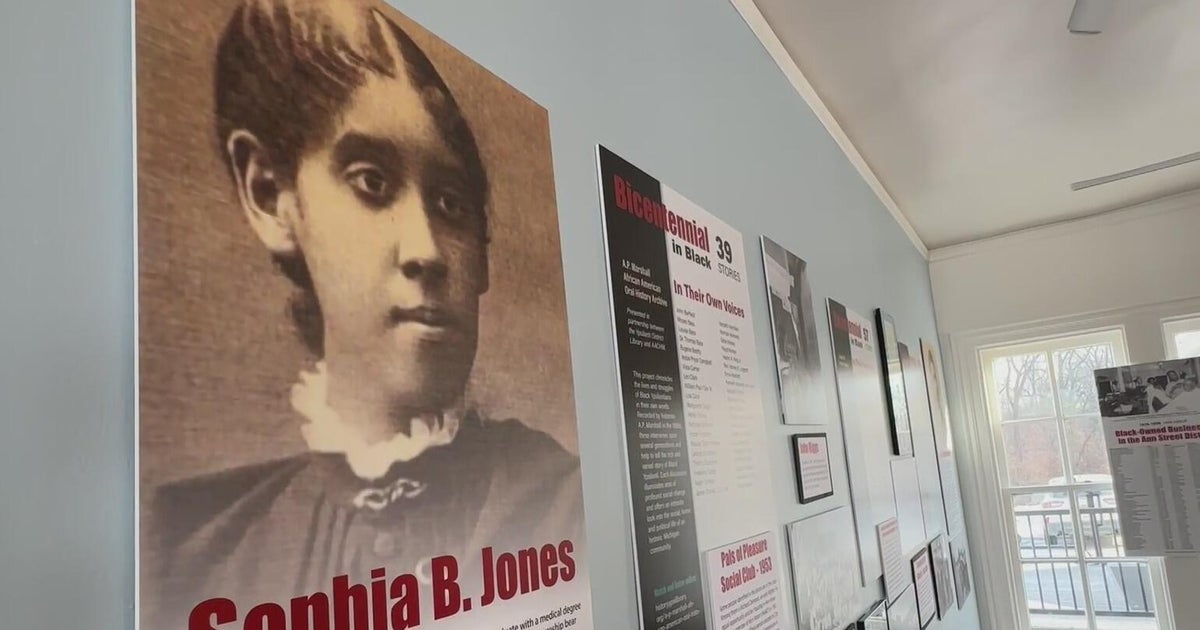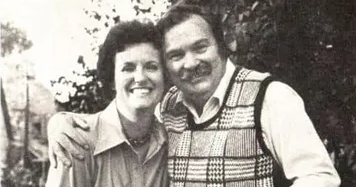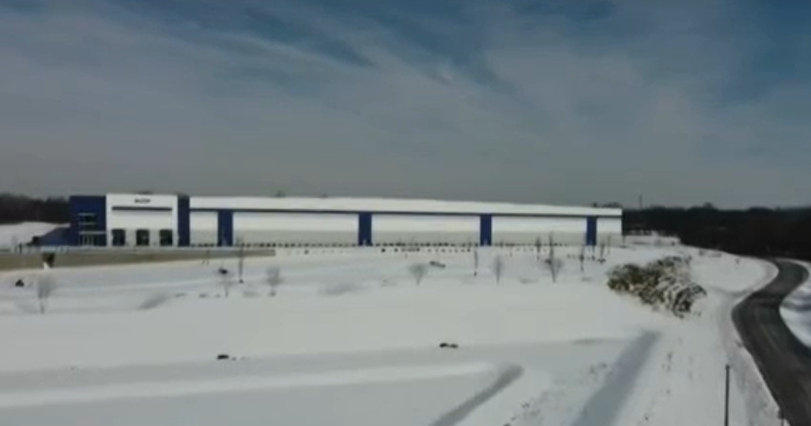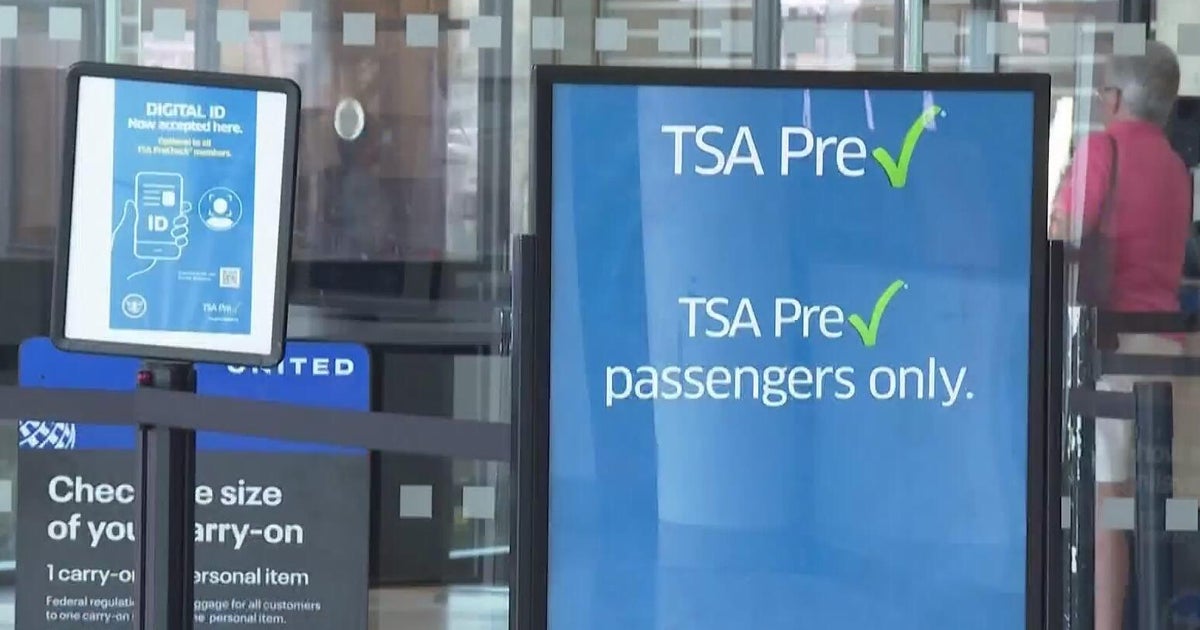Astronaut Jim Lovell Disappointed In Effective End Of Space Program
LAKE FOREST, Ill. (CBS) -- With Discovery now a museum piece, a former Apollo astronaut who lives in the Chicago area is decrying the effective end of America's space program.
On Tuesday, the space shuttle program came to a final and permanent end, when the Shuttle Discovery flew its last mission on top of a 747, to the Smithsonian Institution facility at Dulles International Airport outside Washington, D.C.
As WBBM Newsradio's Regine Schlesinger reports, Capt. Jim Lovell, 84, who lives in Lake Forest, was on two missions – including Apollo 13, which nearly ended in disaster.
LISTEN: WBBM Newsradio's Regine Schlesinger reports
Podcast
He blames the Obama administration for virtually abandoning the space program.
"I don't think they really understood the value of the program, which is essentially a win-win program," he said. "It makes people feel a part of the country; proud of what we have done."
Lovell said Obama also has not been realistic about the space program.
"The president, in his first speeches after he was elected, he went down to the Cape (Canaveral). He talked about going to an asteroid and going to Mars, and he's way out in left field someplace. Just going to back to the moon is going to be very, very difficult," he said.
Lovell says the United States is ceding outer space to other powers.
"India has already put a probe around the moon. China is seriously talking about putting up a space station," he said.
Meanwhile, the U.S. is now dependent on the Russians for the purpose of getting to the International Space Station.
Lovell says it is sorely disappointing that America's glory days in space now lie in the past.
"You can look back on it, and feel proud of what we can accomplish, and the intangibles are there too. It was a great spur to education," he said.
Lovell Looks Back On Apollo 13
Lovell's first mission, Apollo 8, was the first lunar orbit that didn't make it to the surface of the moon. Apollo 13, which he commanded, returned to the earth on this day 42 years ago after a near-disaster.
An oxygen tank exploded onboard two days after the mission left, causing a fire and shutting down the power and water supply to the command module.
LISTEN: WBBM Newsradio's Regine Schlesinger reports
Podcast
"Our odds at the beginning, after the explosion, were very low," Lovell said.
But they analyzed the situation, kept a positive attitude, and made it back by using the spacecraft's lunar module as a lifeboat. Lovell says the fact that the team made it back to earth was due to teamwork and leadership by the onboard crew and mission control.
"Using good initiative to figure out solutions to problems that we didn't expect, or never had trained for in the past, these are all things that turned what I considered an almost certain catastrophe on 13 and into a successful recovery," he said.
Lovell remains the only astronaut to have flown to the moon twice without ever landing on it.







